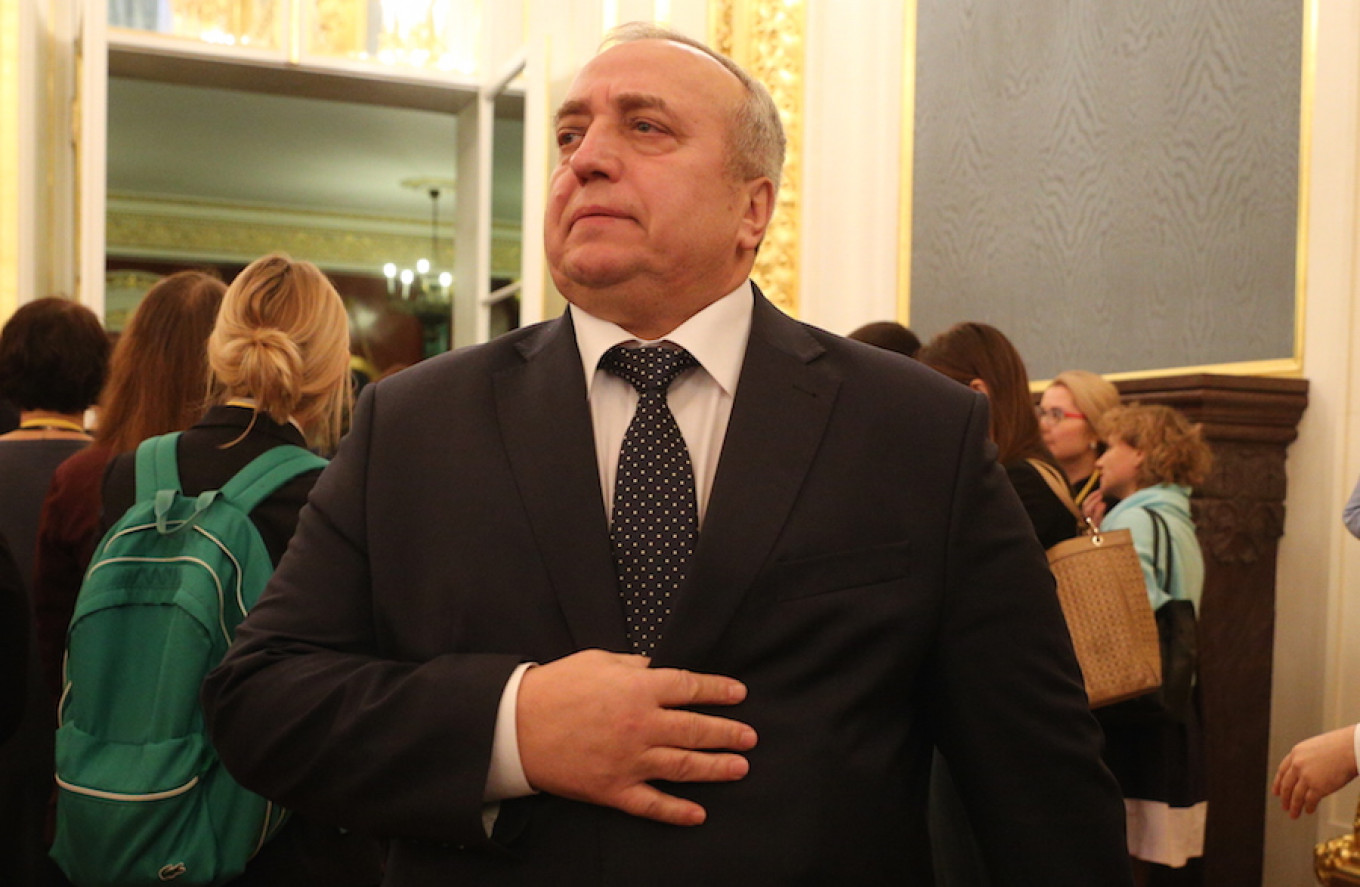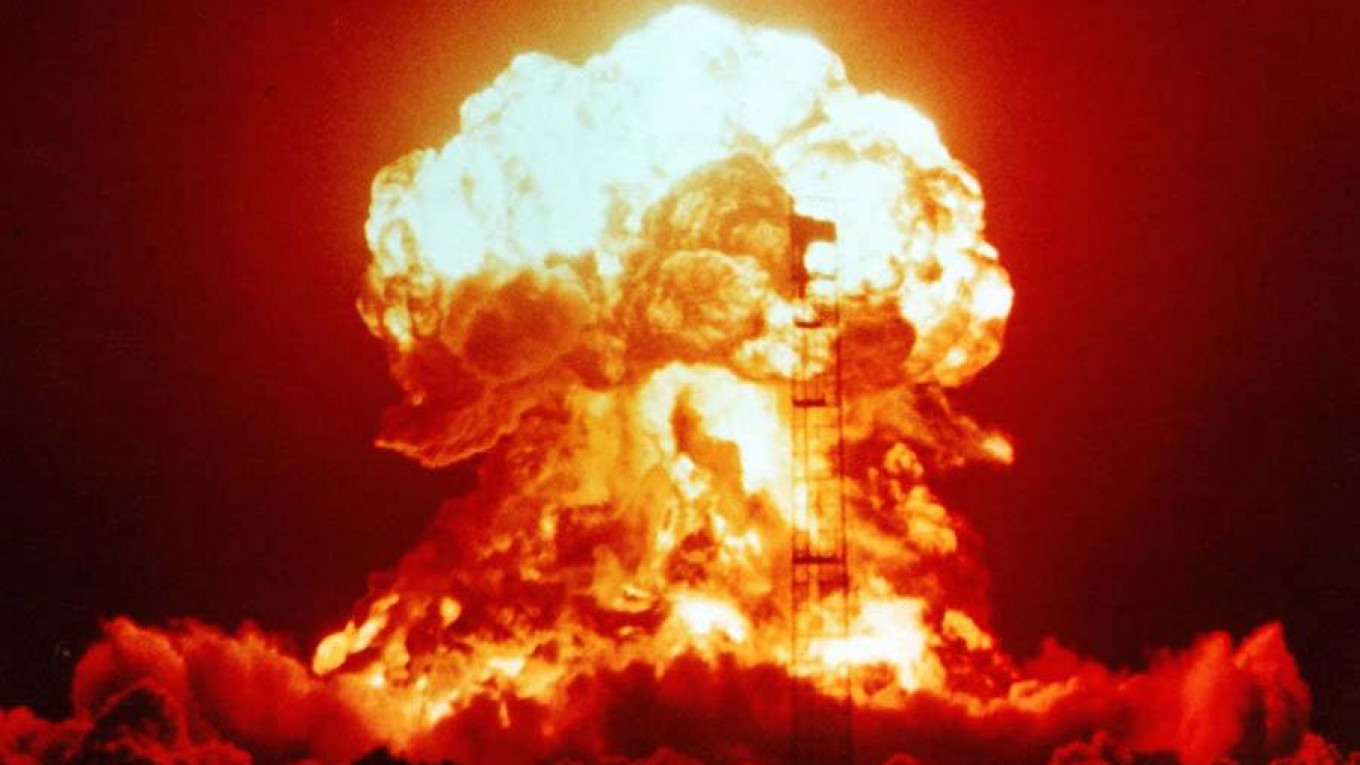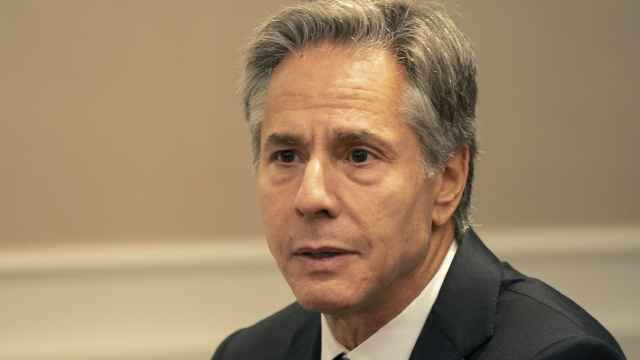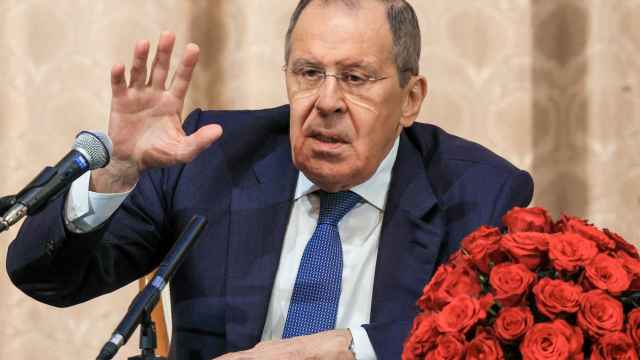Politician Frants Klintsevich has said Britain could be wiped “off the face of the Earth” if it launches a nuclear strike.
He made the statement in response to radio comments made by Michael Fallon on Monday in which the British defense secretary discussed the possibility of a preemptive nuclear strike on Russia.
“In the most extreme circumstances, we've made it very clear that you can't rule out the use of nuclear weapons as a first strike,” Fallon told BBC Radio 4's Today program.
Asked to specify the circumstances, he added: “The whole point about the deterrent is that you have got to leave uncertainty in the mind of anybody who might be thinking of using weapons against this country.”

According to Klintsevich, deputy chairman of the Federation Council's security committee, the statement was tantamount to a threat.
“In the best case this statement can be seen as a form of psychological warfare, which in this context is particularly disgusting,” he was cited as saying Monday by the TASS state-run news agency.
He added that Britain was not “the largest” and would be “literally wiped off the face of the Earth by a counter strike.”
In the case Britain launched an attack against a non-nuclear power, it would be following in the footsteps of the United States, which dropped an atomic bomb on “defenseless Hiroshima and Nagasaki,” Klintsevich added.
“That time has irrevocably passed,” he added, just like “the former British empire.”
Klintsevich has recently come under the spotlight, as the supposed author of a letter claiming that Vyacheslav Volodin — Putin's former deputy chief of staff and current State Duma Speaker — was being groomed as President Vladimir Putin's successor.
Putin has denied that theory on state television, saying that the next Russian president would be chosen “exclusively by the Russian people in the course of democratic elections.”
A Message from The Moscow Times:
Dear readers,
We are facing unprecedented challenges. Russia's Prosecutor General's Office has designated The Moscow Times as an "undesirable" organization, criminalizing our work and putting our staff at risk of prosecution. This follows our earlier unjust labeling as a "foreign agent."
These actions are direct attempts to silence independent journalism in Russia. The authorities claim our work "discredits the decisions of the Russian leadership." We see things differently: we strive to provide accurate, unbiased reporting on Russia.
We, the journalists of The Moscow Times, refuse to be silenced. But to continue our work, we need your help.
Your support, no matter how small, makes a world of difference. If you can, please support us monthly starting from just $2. It's quick to set up, and every contribution makes a significant impact.
By supporting The Moscow Times, you're defending open, independent journalism in the face of repression. Thank you for standing with us.
Remind me later.






